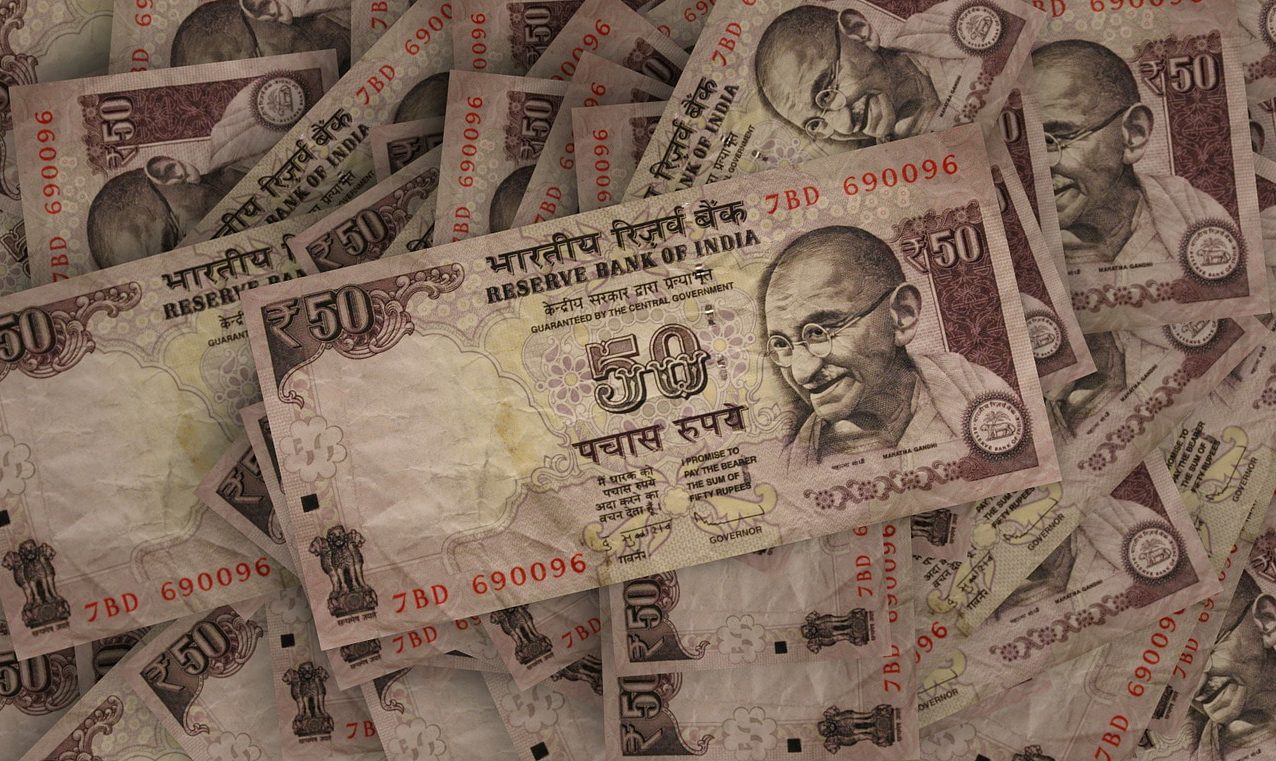The tax filing procedures of India which experienced a major shift in the last year has made the Indian Economy more tax compliant. Two major steps: demonetization and introducing goods and service tax (GST) have helped India to achieve the crucial objective of becoming a tax compliant country.
Indian Economy and Tax Compliance
There have been various types of criticisms for the current government. But there has been a high deviation in the tax paying citizens. Studies have shown that there has been a tremendous rise in direct tax collection in India. The growth in income tax is marked at 8.2% in the financial year 2016. The same income tax experienced a growth rate of 26.8% and 21% in the financial year 2017 and 2018 respectively.
There has been an immense contribution of 18.6% growth rate in the span of one year in the Indian economy. Moreover, the tax collected in the financial year 2017-18 summed up to 10.03 lakh crore. Also, there was a noticeable rise of 53% in the number of tax returns filed electronically.
These cheering numbers have contributed to the Indian economy immensely. E-returns have jumped to 3.43 crores from 2.24 crores since 2017. Studies have shown that along with simpler tax filing process, Income Declaration Scheme which was introduced in 2016 has helped the economy to become tax compliant.
However, companies like Unilever and Suzuki are finding this as a great opportunity to hike the prices of their goods. These giants are taking advantage of new regimes that are introduced in the country. There are other giants like Steel Authority of India, Godrej Consumer Products Ltd, ICRA Ltd in the same race to increase their profit levels by raising the prices.
Alongside with the manufacturing companies, service providers including banking institutions have increased the rate of interest. Borrowings have now become expensive for the companies. Let it be bank credit or loans or bond issuance, rise in prices of the services can be experienced in each industry.
Overall, the new regimes like GST and Income Declaration Scheme have shown a positive impact on Indian economy. However, there are major hopes attached in the long-run from these regimes. In order to contribute to the Indian economy, the citizens are equally liable. The next step lies with the citizens to follow the regimes and have a positive outlook towards the Indian economy.








Pingback: Missed any GST Input Tax Credit Benefit of FY 2017-18? Claim Now!